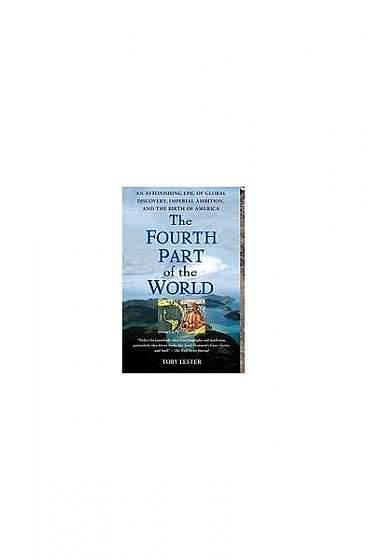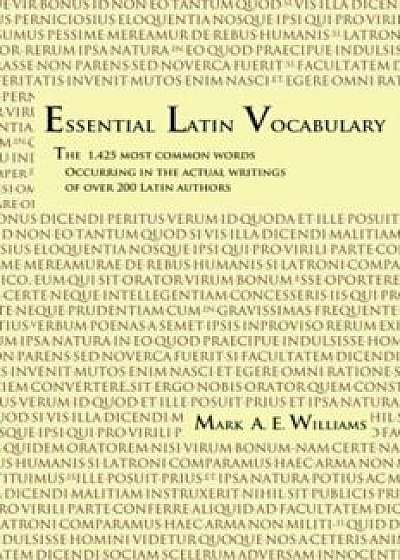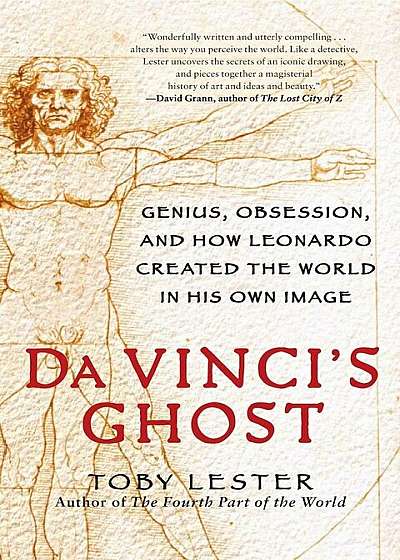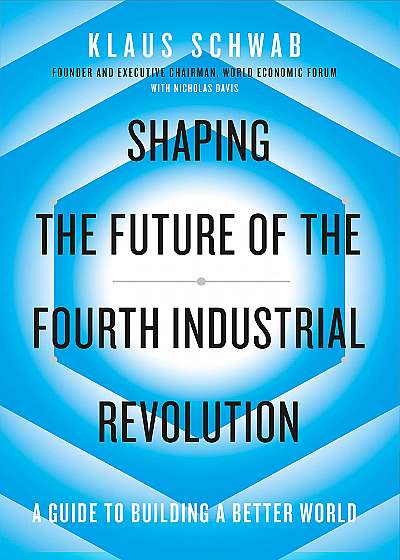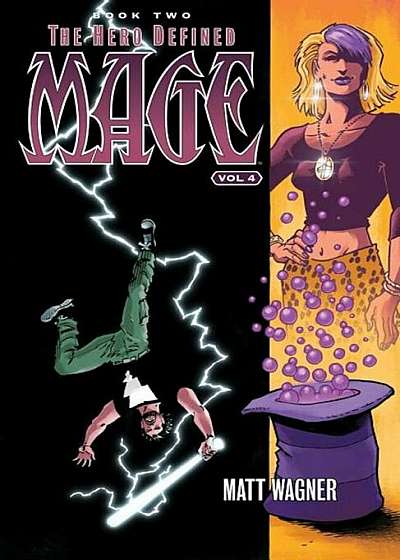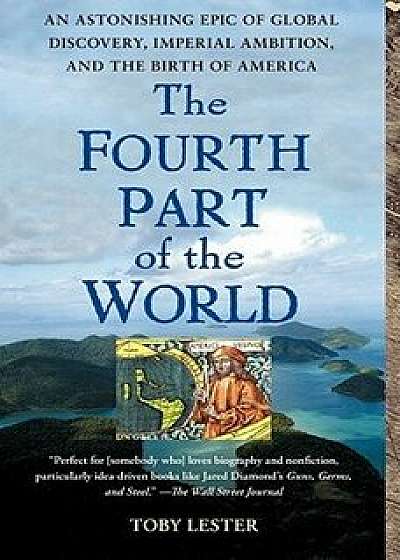
The Fourth Part of the World: An Astonishing Epic of Global Discovery, Imperial Ambition, and the Birth of America, Paperback/Toby Lester
Descriere
"Old maps lead you to strange and unexpected places, and none does so more ineluctably than the subject of this book: the giant, beguiling Waldseem ller world map of 1507." So begins this remarkable story of the map that gave America its name. For millennia Europeans believed that the world consisted of three parts: Europe, Africa, and Asia. They drew the three continents in countless shapes and sizes on their maps, but occasionally they hinted at the existence of a "fourth part of the world," a mysterious, inaccessible place, separated from the rest by a vast expanse of ocean. It was a land of myth--until 1507, that is, when Martin Waldseem ller and Matthias Ringmann, two obscure scholars working in the mountains of eastern France, made it real. Columbus had died the year before convinced that he had sailed to Asia, but Waldseem ller and Ringmann, after reading about the Atlantic discoveries of Columbus's contemporary Amerigo Vespucci, came to a startling conclusion: Vespucci had reached the fourth part of the world. To celebrate his achievement, Waldseem ller and Ringmann printed a huge map, for the first time showing the New World surrounded by water and distinct from Asia, and in Vespucci's honor they gave this New World a name: America. The Fourth Part of the World is the story behind that map, a thrilling saga of geographical and intellectual exploration, full of outsize thinkers and voyages. Taking a kaleidoscopic approach, Toby Lester traces the origins of our modern worldview. His narrative sweeps across continents and centuries, zeroing in on different portions of the map to reveal strands of ancient legend, Biblical prophecy, classical learning, medieval exploration, imperial ambitions, and more. In Lester's telling the map comes alive: Marco Polo and the early Christian missionaries trek across Central Asia and China; Europe's early humanists travel to monastic libraries to recover ancient texts; Portuguese merchants round up the first West African slave
